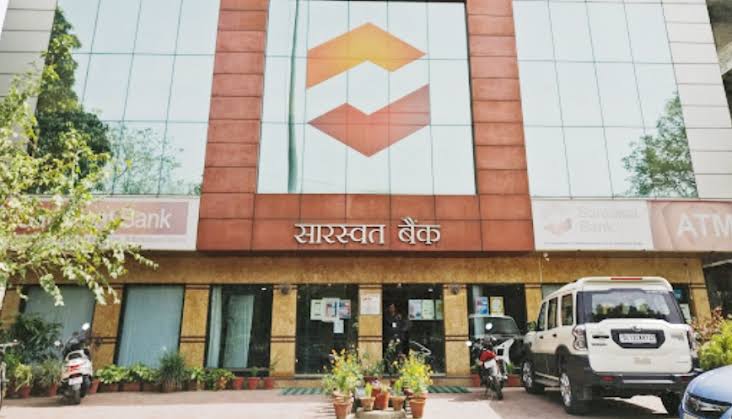A malicious article on a recently issued “Rs 400 crore Long Term Subordinated Bonds (LTSB”) by Saraswat Cooperative Bank, has once again underlined the fact that UCBs could be vilified even without any basis by a section of media. Not only the charges against the Saraswat Bank in the said article are imaginary but also the facts used to support the piece.
Worst of all is the fact that the author of the said article does not follow journalistic ethics and writes the piece without contacting the Bank. In a press release issued Thursday evening, Chairman of Saraswat Bank Gautam Thakur reiterates “Rs 400 crore Long Term Subordinated Bonds (LTSB) has been issued by Saraswat Cooperative Bank with all permissions from the Reserve Bank of India.”
Within one and a half months of announcing the present issue of Rs. 400 crore for subscription, more than 87% of the bonds amounting to Rs. 349 crore have been already subscribed. Out of this subscription, 90% of the subscription amounting to Rs. 323 crore is by our existing Depositors and Shareholders. This shows their faith and confidence in the management of the Bank. In the past, the Bank has issued such bond series seven times, totalling Rs. 1,800 crore out of which the matured bonds have been fully repaid on time.
Issue of bonds is an approved mechanism for raising capital for Co-operative Banks under Section 56 of the Banking Regulation Act. RBI a Bond and not a Deposit. Credit rating is not mandatory as the RBI guidelines don’t stipulate the same in the case of LTSB issue of Co-operative Banks.
In all the past seven Bond issues, and throughout its history, the Bank has a track record of maintaining CRAR well above the prescribed limit by RBI. Further, it may be noted that the Bank maintains Statutory Reserve Ratios such as SLR and CRR on these bonds also, which provide additional safeguards to investor’s money. There have never been mis-selling allegations as the entire information regarding the Bond has been fully disclosed in the past as well as the present in the Offer Document.
The requirements for issue of bonds by co-operative banks are different from bonds issued by limited companies. Due to this, requirements of having rating, trustee and issue in electronic format are not mandatory. The author of the article has failed to understand that companies and co-operative societies are distinct entities and are governed by different statutes.
Saraswat Bank mainly serves middle and lower segments of society; the Bank therefore feels that this opportunity of investment should be available to these segments rather than only to HNIs. With this view in mind, the minimum amount has been kept at Rs. 50,000.
The release says that “Saraswat Bank is known for its Integrity, Conduct, Commitment and Transparency towards its Stakeholders in line with the Co-operative spirit. This attempt by the author of the article to wrongly portray the leading Bank of the UCB sector without due verification of facts is highly condemnable.”
The Bank says “We reserve the right to proceed as appropriate against the writer for causing harm to the reputation of a 100 year-old trustworthy institution.”
Saraswat Co-operative Bank is 104 years old and is the largest scheduled Urban Cooperative Bank in India with a successful track record of uninterrupted profit and dividend, coupled with good governance.
The Bank has featured for five consecutive years in the Fortune India 500 list, for three consecutive years in the Forbes World’s Best Banks (India) survey and is the recipient of the ‘Best Technology Award’ from Indian Banks’ Association (IBA) for six consecutive years. Over two million customers have reposed their trust, faith and confidence in the Bank, and the Total Business size of the Bank is more than Rs. 70,000 crore.
In several of his speeches in recent times Union Minister Amit Shah has tried to convince people about the worth of the co-op sector as to how much it contributes to the nation in terms of rural capital, sugar, milk or fertilizer. Still a feeling that it’s a poor cousi persists, and this news portal which exclusively deals with co-op sector, partially sprang into existence to correct this perception.
Several of the journalists who have no hang of what makes a cooperative write about it , causing immense damage to the reputation of the sector. No doubt, it has its share of rogue elements, as in other sectors but castigating a reputed brand without substance is constituting journalistic impropriety.














































Yes, agreed, Saraswat Co-operative Bank is having a bright future… anyone can see the growth from last 5yrs annual report of the Bank.
The author of that article has failed to understand that companies and co-operative societies are distinct entities and are governed by different statutes.